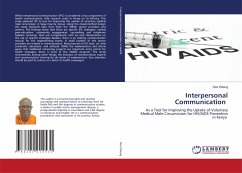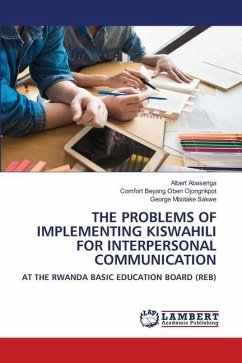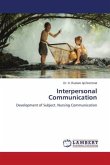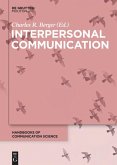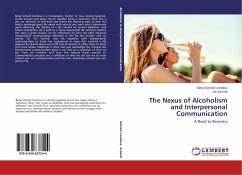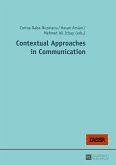While interpersonal communication (IPC) is considered a key component of health communication, little research exists in Kenya on its efficacy. This study explored IPC as tool for improving the uptake of voluntary medical male circumcision in Siaya County, Kenya. Using the mixed-method design the study obtained data from both the VMMC service providers and seekers. The findings show that there are specific IPC strategies, namely peer-education, community engagement, counselling and telephone helpline. However, their use is haphazard, with no clear demarcation on the use of specific strategies. Besides, there is no existing communication manual for the implementing teams. A small number of the service providers are trained in communication. Many barriers to IPC exist, viz. time constraint, education, and attitude. While the implementers and clients agree that livelihood enhancing projects are important entry points for health messages, there is none in the VMMC program. The study recommends, among other things, the inclusion of communication experts and communication training for all cadres of implementers. Due attention should be paid to culture as a factor in health campaigns.
Bitte wählen Sie Ihr Anliegen aus.
Rechnungen
Retourenschein anfordern
Bestellstatus
Storno

